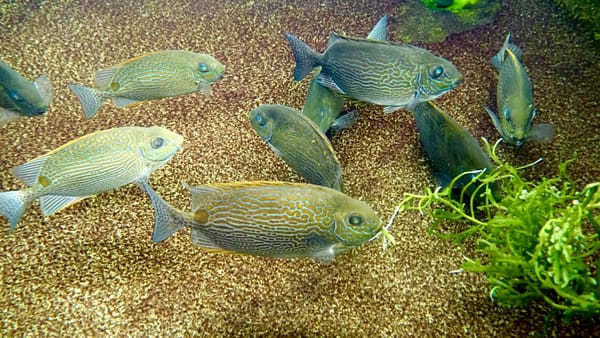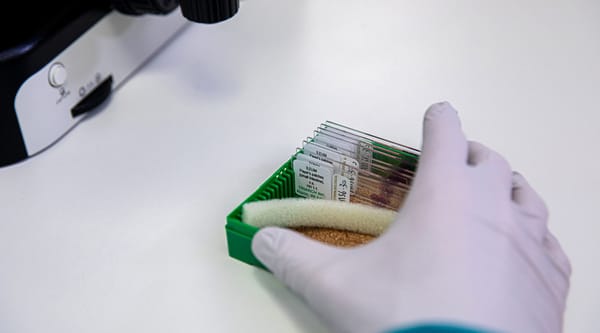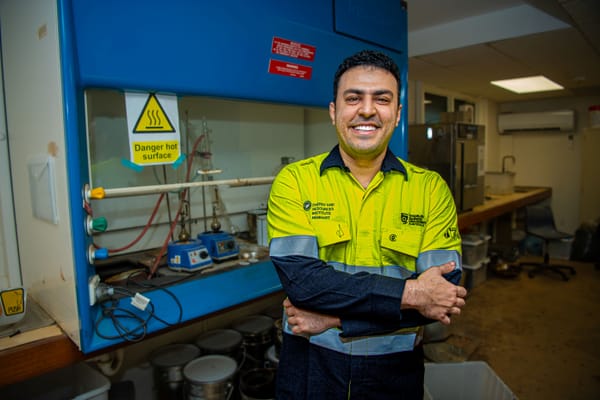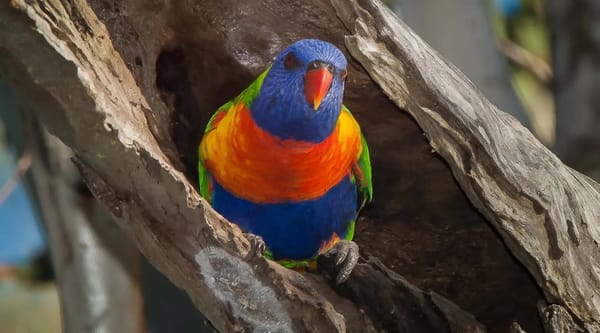Doctors join historic gathering in the Torres Strait
A University of Newcastle doctor and medical student recently joined a group of Torres Strait Islander doctors on Waiben (Thursday Island) after calls for better access to health.
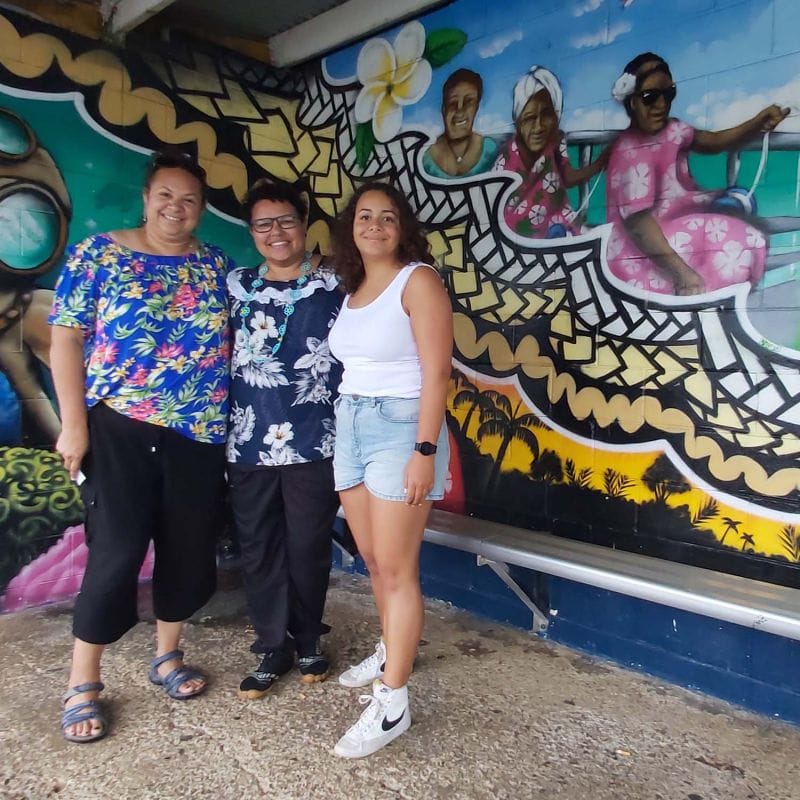
First published by the University of Newcastle
A University of Newcastle doctor and medical student recently joined a group of Torres Strait Islander doctors on Waiben (Thursday Island) after calls for better access to health.
The two were part of a convoy of Torres Strait Islander doctors from the Australian Indigenous Doctors Association (AIDA) who gathered on the island in early May for the first time to hear from local Elders and community to discuss remote health.
A similar gathering was held 21 years ago when four Torres Strait Islander doctors attended – there was only five Torres Strait doctors in the country at the time. Of the 130,000 doctors now in Australia, 127 identify as Torres Strait Islander.
Zenadh woman and Senior Lecturer at the University of Newcastle’s Thurru Indigenous Health Unit, Dr Karen Nicholls, was one of the 20 doctors lucky enough to return to country.
“When I graduated from University, there was only one other Torres Strait doctor that I was aware of, so to see the growth in numbers is just wonderful,” Doctor Nicholls said.
“It’s been a long time since I have set foot back on the islands, but it just felt like being home.
“I attended the first Igilyawa - Custodians of Life in 2003 with three other Zenadh doctors, but to go back and be one of 19 doctors and medical students was just fantastic! It felt like a week of celebration - it was overwhelming but replenishing.
“A connection with other Zenadh doctors and medical students is something rare - we cannot wait another 21 years to hold this event again!”
The gathering brought together Elders, community, health leaders, academics, and officials to share stories on current preventable health issues that are occurring on the islands and to find solutions.
“It’s part of my cultural obligation to present myself to community when asked. But to have community share what their wishes are for their health with such passion is a wonderful process to be part of,” Dr Nicholls added.
For many of the students and doctors, it’s the first time they’ve been on Country. They heard firsthand from about the remote health experiences of First Nations People.
It’s highlighting the industry is realising the need for more Indigenous doctors to be able to provide culturally safe care.
Joining Dr Nicholls on the historic journey was Jade Abernethy, who is currently studying medicine at the University of Newcastle.
“It was a very emotional journey and a little overwhelming seeing so many Torres Strait Islander doctors in one place,” Jade said.
“Having the Uncles come forward and speak on behalf of the communities was really important.
“I think it highlights that historically there was a big deficit in the Torres Strait for access to health care, and it does have implications on community and family members.”
As a current fourth year medical student, Jade said there is a lot more support for Indigenous students than there was 20 years ago.
“I think it can be very isolating, being an Indigenous person in a very historically non-Indigenous system,” Jade added.
“One thing that's really helped me through my studies is my friendships with other Indigenous students.’
University of Newcastle Alumni, Torres Strait Islander woman and Nephrologist, Dr Jaqui Hughes, also joined Dr Karen Nicholls and Jade Abernethy at Igilyawa - Custodians of Life.
Additional to her clinical work, Dr Hughes holds the position of Clinical Research Professor Aboriginal and Torres Strait Islander Health Advancement, Rural and Remote Health at Flinders University (Larrakia Country) and has current research collaborations with University of Newcastle’s Thurru Indigenous Health Unit.

